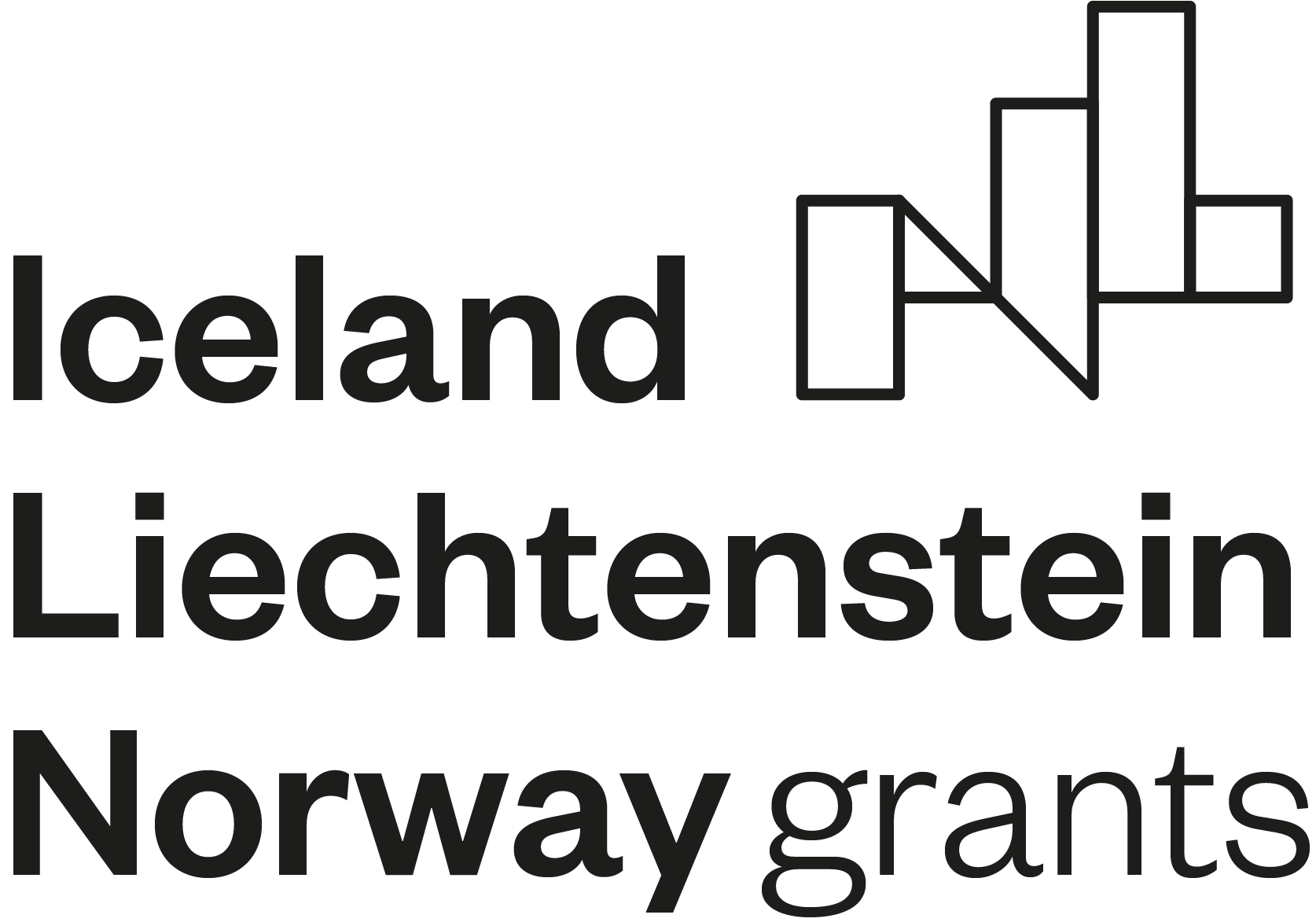The EEA Grants Financial Mechanism 2014-2021
The European Economic Area (EEA) Grants Financial Mechanism for the 2014–2021 period represents the contribution of Iceland, Liechtenstein, and Norway. Its goal is to reduce economic and social inequalities while strengthening bilateral relations with 15 European countries, including Greece. The funding, totaling €2.8 billion, supports programs and projects that promote social inclusion, innovation, environmental protection, and other key development areas.
What were the program’s projects?
For the 2014-2021 period, the EEA Grants allocated a total of €2.8 billion, of which €116.7 million was designated to Greece through Protocol 38c. The distribution of resources by support area includes:
- Asylum and Migration: €33 million
Investments to strengthen national asylum systems and support refugees and migrants, aiming for their smooth integration into society.
- Innovation and Business Development: €21.5 million
Funds focused on promoting entrepreneurship and innovative solutions, supporting sustainable economic growth.
- Empowerment of Civil Society: €12 million
Funding that enhances social cohesion and promotes citizen participation in important social initiatives and actions.
- Environment and Renewable Energy: €11.5 million
Resources supporting sustainable development and environmental impact reduction through renewable energy and energy-saving projects.
- Poverty Reduction and Social Inclusion: €11.5 million
Investments aimed at reducing social inequalities and supporting vulnerable groups, with an emphasis on social inclusion.
- Good Governance, Accountability, and Transparency: €7 million
Funding that strengthens institutional structures, promotes transparency in public administration, and enhances citizen trust in institutions.
These projects combine digital infrastructure with institutional innovations to bolster transparency and integrity within public administration.
Key Milestones of the EEA Grants 2014-2021
- May 3, 2016: Signing of the EEA & Norway Grants agreement between Norway and the European Union. This collaboration laid the foundation for funding projects that would support social inclusion, innovation, and transparency in European countries.
- November 2016 – September 2017: Negotiation period between Norway and Greece to identify the country’s needs and the sectors to be supported through the program. This phase was crucial for shaping the goals and priorities.
- October 31, 2017: Signing of the Memorandum of Understanding (MoU) between the donor countries and Greece, which approved nine new funding programs. From this point, program development began, along with open calls for project funding proposals.
- 2020: Reallocation of reserve funds. This year saw a review and adjustment of programs to ensure the effective allocation of resources and adaptation to current needs.
- April 30, 2024: Completion of the funding period. The program concludes with the successful achievement of its goals and assessment of the projects’ impact, including social inclusion, transparency, strengthening of public administration, and environmental protection.
These milestones mark the significant phases of the EEA Grants program for the 2014-2021 period, highlighting the essential steps taken to achieve the program’s objectives.

